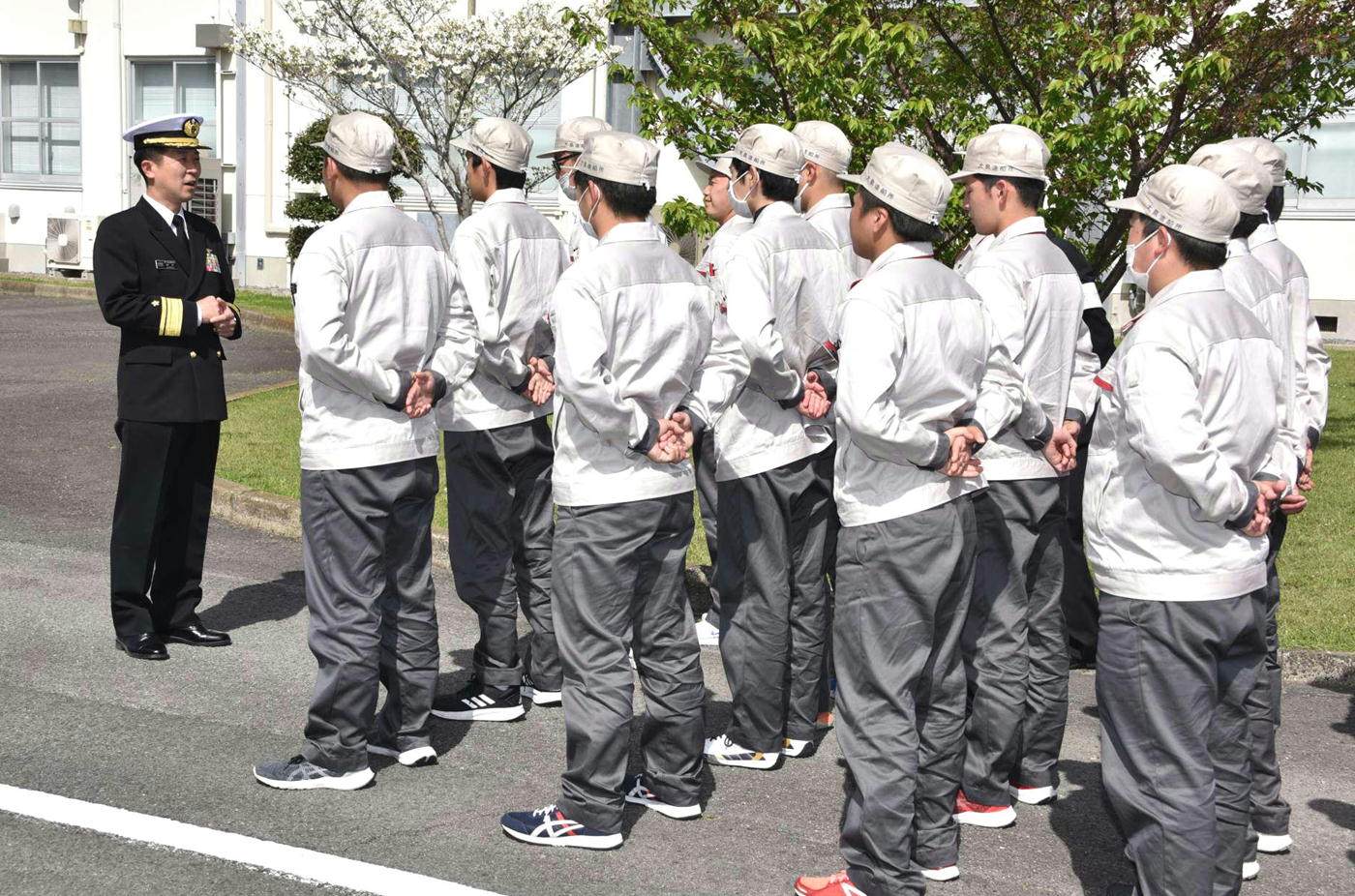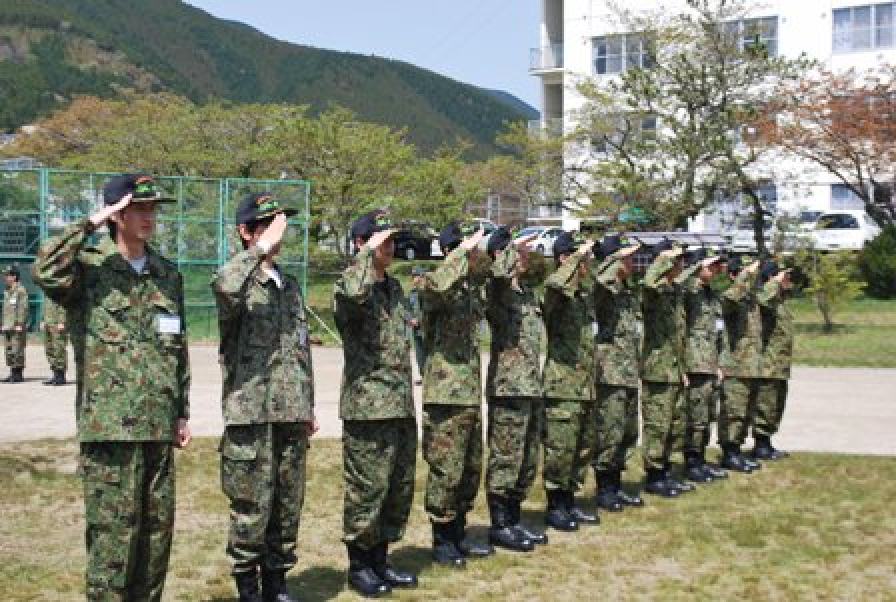Marching orders: Japanese firms enlist military discipline to drill soft skills
Japanese firms are sending fresh recruits to military-run programmes for teamwork and discipline, as remote work widens the soft-skills gap

Japanese companies are once again sending fresh recruits to boot camps run by the military in a bid to instil teamwork, discipline and basic social skills that many believe were lost during the pandemic-era shift to online learning and remote work.
The “enlistment experience” programmes, operated by Japan’s Self-Defence Forces (SDF), simulate aspects of military life – from dawn roll-calls and mess hall etiquette to marching drills and group exercises – and are seeing a revival after plummeting during the Covid-19 pandemic.
Between 2015 and the start of the pandemic, the Ground – as the land warfare branch of Japan’s military is known – organised between 1,200 and 1,700 such sessions annually, according to the Ground Staff Office. That number fell to about 100 during the height of the health crisis, but has since rebounded to nearly 400 a year, the Asahi newspaper reported.
The Air and Maritime branches of Japan’s military have also resumed their versions of the programme, though they do not track corporate participation.

Companies that have embraced the scheme say the goal is not to militarise employees, but to address a widening soft-skills gap among young people who missed out on in-person socialisation during critical formative years.
Nissan Motor Kyushu, a car manufacturer based in Kanda, Fukuoka prefecture, has sent new employees to SDF training for the past two years.
“I want the trainees to acquire habits expected of working adults, such as teamwork, discipline and the practice of greeting one another,” Masahiro Todaka, a senior manager in the company’s personnel division, told the Asahi newspaper.
During a recent two-day programme at the SDF’s Tsuiki Air Base – located on the northeast coast of Kyushu – 96 male and female recruits from Nissan were divided into squads of nine or 10 and immersed in a strictly regimented routine.
Each day began at 6.15am with a reveille – a signal sounded usually on a bugle or drum to wake personnel in the armed forces – followed by marching, roll-calls and salutes. Participants had to eat and run as a team. Squads could not leave the dining hall until all members had finished their meals and 5km (3.1-mile) runs had to be completed in formation, requiring members to adjust their pace for the slowest runner.
In addition to light military drills, participants attended a lecture on Japan’s national security and were given a tour of defence equipment, including a fighter jet.
The SDF classifies these programmes as public relations activities. “The programmes are helping us win the public’s understanding of, and confidence in, this base, which is playing a part in national defence,” said a Tsuiki airbase official, as cited by the Asahi newspaper.
Hajime Ota, a professor emeritus of organisational theory at Doshisha University in Kyoto, warned that such training could stifle individual expression and reinforce rigid workplace hierarchies that already dominate Japanese corporate culture.
Unhandled type: inline-plus-widget {“type”:”inline-plus-widget”}
“In this age when individual creativity is in high demand, there are limits to what you can do by just acting as instructed,” he told the Asahi newspaper.
“Organisations in Japan are very much a community type and prone to generate vertical relationships. That tendency could be exacerbated by the enlistment experience programmes,” Ota added. “Businesses should be aware of that risk in deciding whether to enrol their employees in the programmes.”